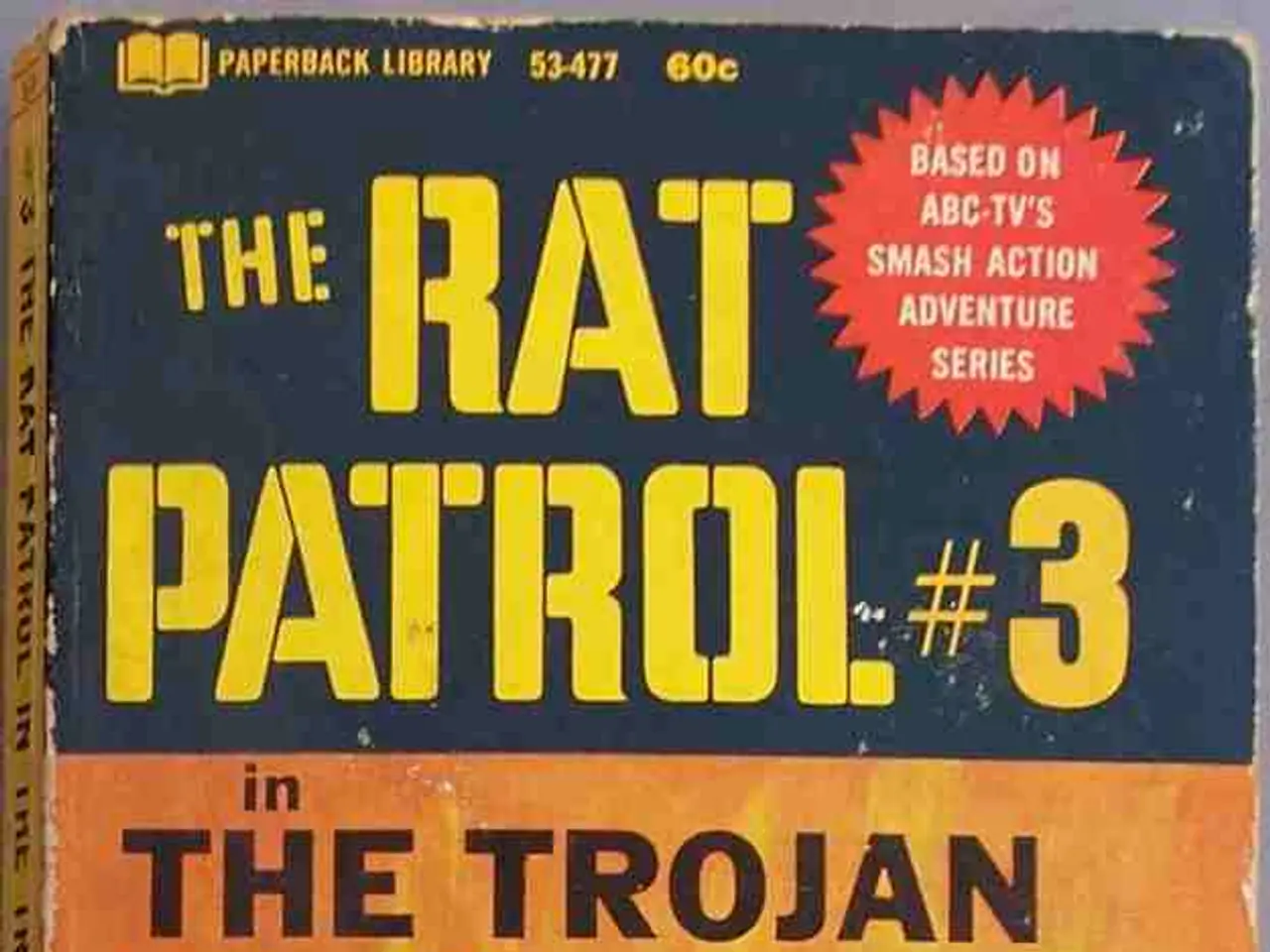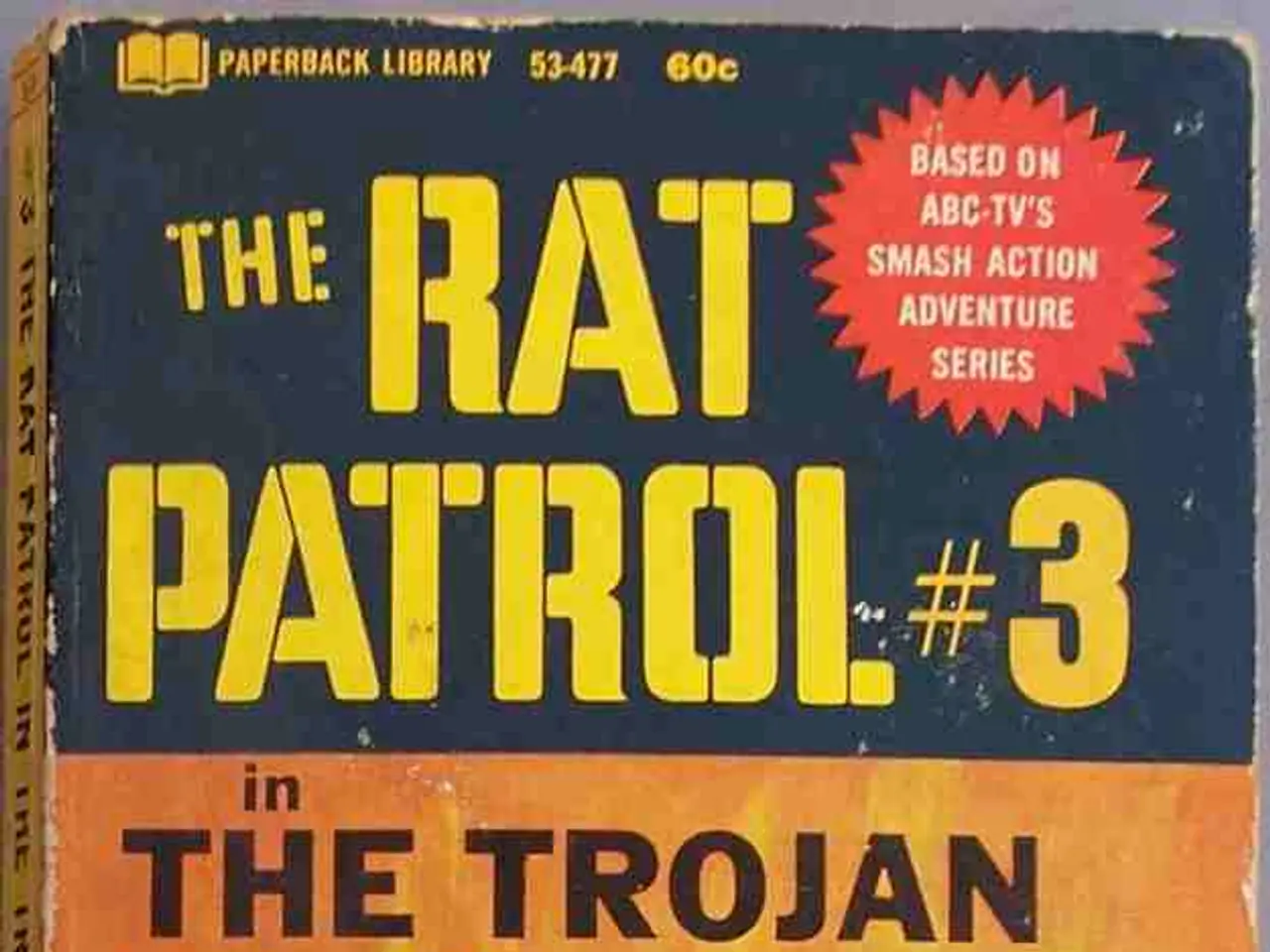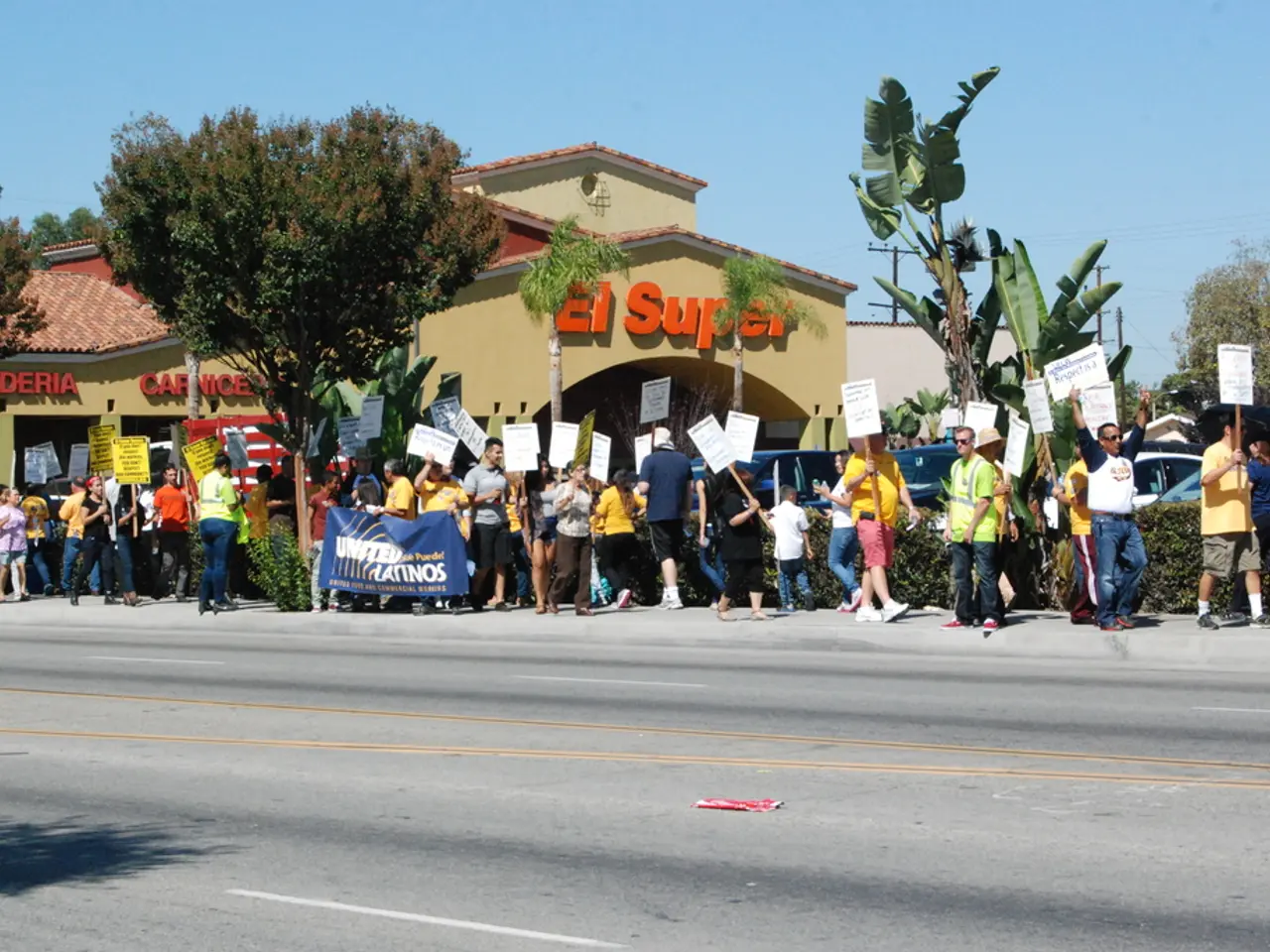Rahul Gandhi Challenges Election Commission over Alleged Hiding of Voter History, Requests Decade Worth of Voting Data and Visual Proofs
Rahul Gandhi, the Leader of the Opposition in the Lok Sabha, launched a sharp attack on the Election Commission of India (ECI) on Friday. Speaking at a rally organised to protest alleged election manipulation, Gandhi claimed that there was evidence of electoral fraud in one Lok Sabha seat in Karnataka, and that his party's internal surveys had predicted a stronger showing in the state than the official results reflected.
Gandhi asserted that the electronic data of Indian voters is crucial evidence in this matter. He demanded that the ECI release electronic voters' lists from the past 10 years, along with related video recordings of elections and electoral processes. Gandhi's assertion that the data from Karnataka is proof of a criminal act against the people of the state was reiterated.
Gandhi stated that his party's internal surveys in Karnataka had predicted a stronger showing than the official results reflected. In Karnataka, Gandhi's party should have won 17 out of 28 Lok Sabha seats, but they ended up winning only 9. Gandhi stated that in all 25 crucial seats, BJP candidates won by a margin of around 35,000 votes. He warned against the destruction of such data, stating it as a punishable crime.
Gandhi concluded that they started their analysis with just one Lok Sabha seat in Karnataka and discovered electoral fraud. He urged the state government to investigate the matter and hold accountable the ECI officials who allegedly enrolled between 1,000 to 15,000 fake voters.
The Election Commission of India (ECI) has consistently refused to release machine-readable historical electoral rolls and associated electronic records, primarily citing legal and security concerns. The ECI argues that publishing electoral rolls in such formats could risk manipulation and loss of voter confidence, and it maintains control over the data format according to its interpretation of the legal framework and Supreme Court rulings.
This stance has been repeatedly challenged by political parties and activists seeking greater transparency, but so far the ECI has upheld its position to preserve trust and integrity, as it sees it, in the democratic process. The ECI also contends that standard revision processes and claims management ensure voters' lists remain accurate through claims and objections handled by electoral officers, rather than through external access to raw data or recordings.
Gandhi declared his readiness to prove electoral malpractice if the ECI makes the digital data and video footage public. He accused the ECI of colluding with the BJP and argued that the BJP's national victory hinged on a small number of manipulated seats. Had the BJP lost 25 seats, Narendra Modi would not be the Prime Minister, according to Gandhi.
In Maharashtra, the BJP alliance won the state polls four months after losing the Lok Sabha polls, according to Gandhi. He cited discrepancies in voting patterns during elections in Maharashtra and Karnataka as further evidence of irregularities.
The ECI has consistently refused to release machine-readable historical electoral rolls and associated electronic records, primarily citing legal and security concerns. The ECI argues that publishing electoral rolls in such formats could risk manipulation and loss of voter confidence, and it maintains control over the data format according to its interpretation of the legal framework and Supreme Court rulings.
This stance has been repeatedly challenged by political parties and activists seeking greater transparency, but so far the ECI has upheld its position to preserve trust and integrity, as it sees it, in the democratic process. The ECI also contends that standard revision processes and claims management ensure voters' lists remain accurate through claims and objections handled by electoral officers, rather than through external access to raw data or recordings.
- Rahul Gandhi has called for the Election Commission of India (ECI) to release electronic voters' lists from the past 10 years, along with related video recordings of elections and electoral processes, in order to provide evidence of electoral fraud in India's politics and general news.
- Gandhi's demands for transparency and the release of digital data come amidst ongoing war-and-conflicts within policy-and-legislation surrounding the electoral process, as he accuses the ECI of colluding with the BJP and asks for accountability in the democratic process.








